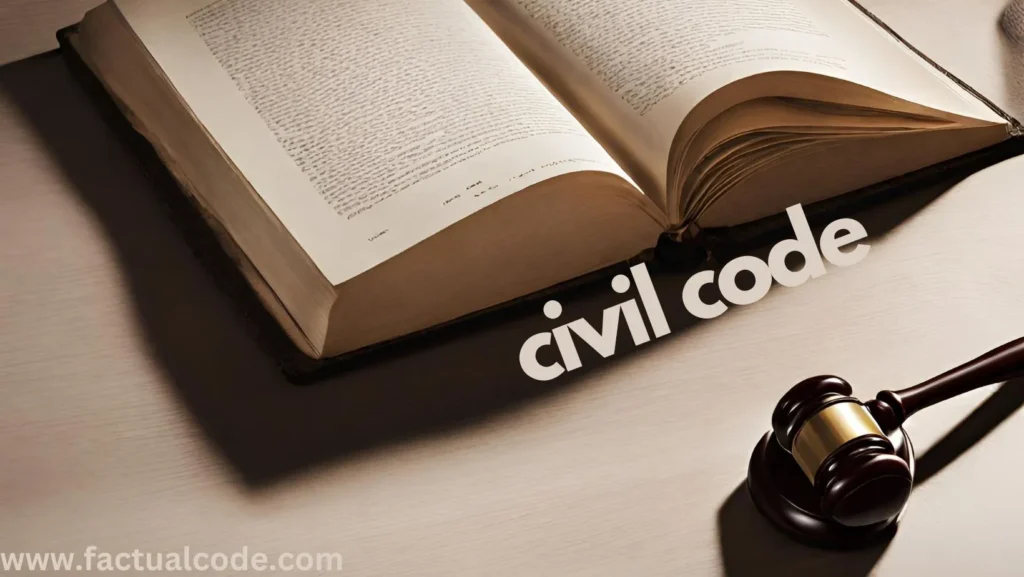Introduction
Amendments to pleadings constitute a vital aspect of civil litigation under Indian law, governed by Order VI Rule 17 of the Code of Civil Procedure, 1908 (CPC). This provision grants courts discretionary power to permit modifications to pleadings when such amendments facilitate the effective resolution of disputes. However, the exercise of this discretion is subject to limitations. Courts may deny amendments under specific circumstances to safeguard procedural fairness and ensure judicial efficiency. This analysis explores these scenarios through doctrinal insights, case law precedents, and illustrative examples.
Circumstances Under Which Leave to Amend Pleadings Shall Be Refused
1. Lack of Due Diligence by the Applicant
Explanation: Courts disallow amendments when the applicant exhibits a lack of due diligence, particularly when requests are made at a delayed stage without justifiable reasons.
Legal Provision: The proviso to Order VI Rule 17 CPC restricts amendments after the commencement of the trial unless the applicant demonstrates that, despite due diligence, the amendment could not have been sought earlier.
Case Law: Vidyabai v. Padmalatha (2009) 2 SCC 409
Illustration: The Supreme Court emphasized that amendments after trial commencement require compelling evidence of diligence. In this case, the plaintiff’s request for amendment was denied for failing to provide satisfactory reasons for the delay.
2. Introduction of a New Cause of Action
Explanation: Amendments fundamentally altering the cause of action or introducing inconsistent claims are generally not permitted.
Case Law: Modi Spinning and Weaving Mills Co. Ltd. v. Ladha Ram & Co. (1976) 4 SCC 320
Illustration: The court rejected an amendment seeking to introduce a distinct cause of action, as it would have substantially changed the nature and scope of the litigation.
3. Prejudice to the Opposite Party
Explanation: Courts refuse amendments that cause irreparable harm or undue prejudice to the opposite party.
Case Law: Revajeetu Builders and Developers v. Narayanaswamy and Sons (2009) 10 SCC 84
Illustration: The court held that amendments that significantly altered the defense strategy and imposed an undue burden on the defendant should not be allowed.
4. Malafide Intentions
Explanation: Courts scrutinize and reject amendments motivated by malicious intent, such as attempts to delay proceedings or create procedural obstacles for the opposing party.
Case Law: Ganga Bai v. Vijay Kumar (1974) 2 SCC 393
Illustration: The court dismissed an amendment application when it became apparent that the plaintiff was employing delay tactics and harassing the defendant.
5. Time-Barred Amendments
Explanation: Amendments introducing claims or defenses barred by statutory limitation periods are typically disallowed.
Case Law: L.J. Leach and Co. Ltd. v. Jardine Skinner and Co. (1957) SCR 438
Illustration: The Supreme Court disallowed an amendment as it sought to introduce a claim that had become time-barred, emphasizing the importance of legal certainty.
6. Fundamental Change in the Nature of the Suit
Explanation: Amendments that seek to transform the essential character or nature of the suit are usually rejected.
Case Law: M/s. Ganesh Trading Co. v. Moji Ram (1978) 2 SCC 91
Illustration: The court rejected an amendment intended to convert a suit for specific performance into one for damages, as it would have significantly altered the litigation’s essence.
7. Lack of Specificity and Vagueness
Explanation: Amendments that are vague or lack specificity regarding the proposed changes are often rejected.
Case Law: State of Maharashtra v. Hindustan Construction Company Ltd. (2010) 4 SCC 518
Illustration: The court refused an amendment application that failed to clearly outline the proposed changes, deeming it ambiguous and devoid of substantive merit.
Judicial Principles Governing the Refusal of Amendments
To ensure procedural fairness and judicial efficiency, courts have articulated key principles governing the refusal of amendments:
1. Balancing Justice and Prejudice
Courts must strike a balance between facilitating the adjudication of real issues and mitigating prejudice to the opposing party.
2. Ensuring Genuine Necessity
Amendments should be allowed only when essential to resolve contentious issues and promote substantive justice.
3. Preventing Procedural Abuse
Courts are tasked with preventing the misuse of amendment provisions as a tactic to delay proceedings or frustrate the opposing party’s legal rights.
Conclusion
The amendment of pleadings is a crucial procedural tool in civil litigation, promoting the comprehensive adjudication of disputes. Nevertheless, judicial discretion must be exercised to prevent misuse and uphold procedural fairness. Courts play a pivotal role in denying amendments under specific circumstances to preserve the integrity of the judicial process. By examining doctrinal principles, case law precedents, and judicial guidelines, this analysis highlights the nuanced considerations that govern the refusal of amendments to pleadings.
⚖️ Legal Insight: Leave to amend pleadings may be refused in cases where the amendment would introduce a completely new cause of action, cause undue delay, or prejudice the other party. Courts typically consider whether the amendment is necessary for determining the real issue in controversy. For a more in-depth look at how procedural principles, including amendments and their refusals, operate under the CPC, check out our detailed guide on How to Read CPC (Code of Civil Procedure, 1908).

